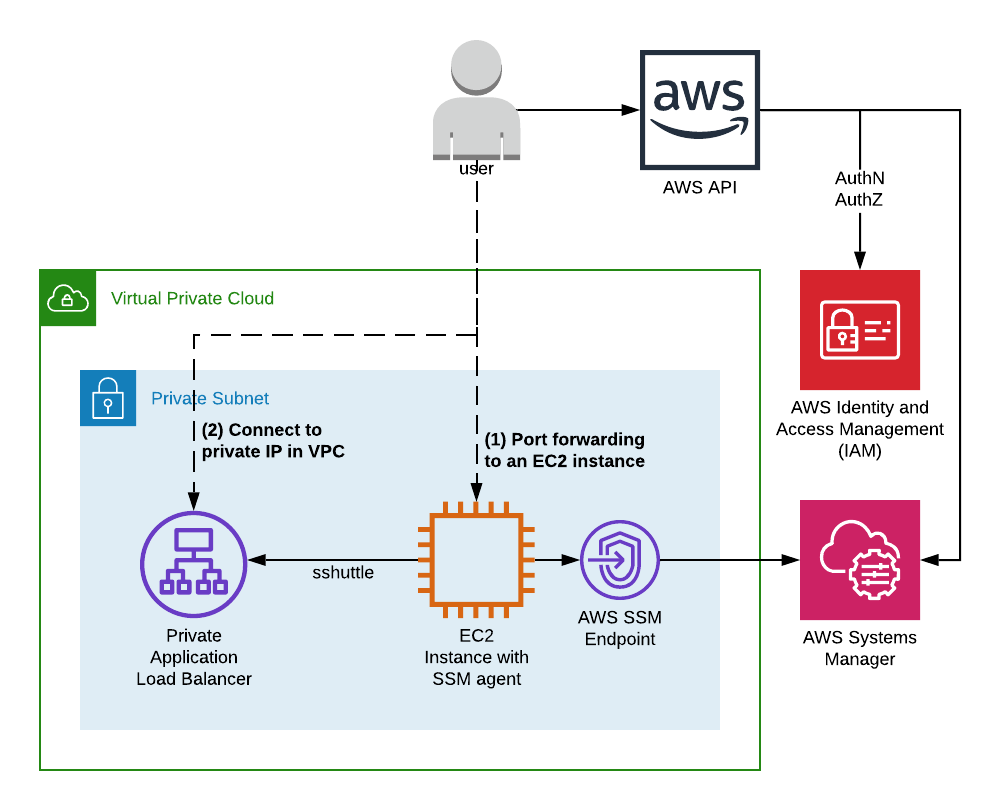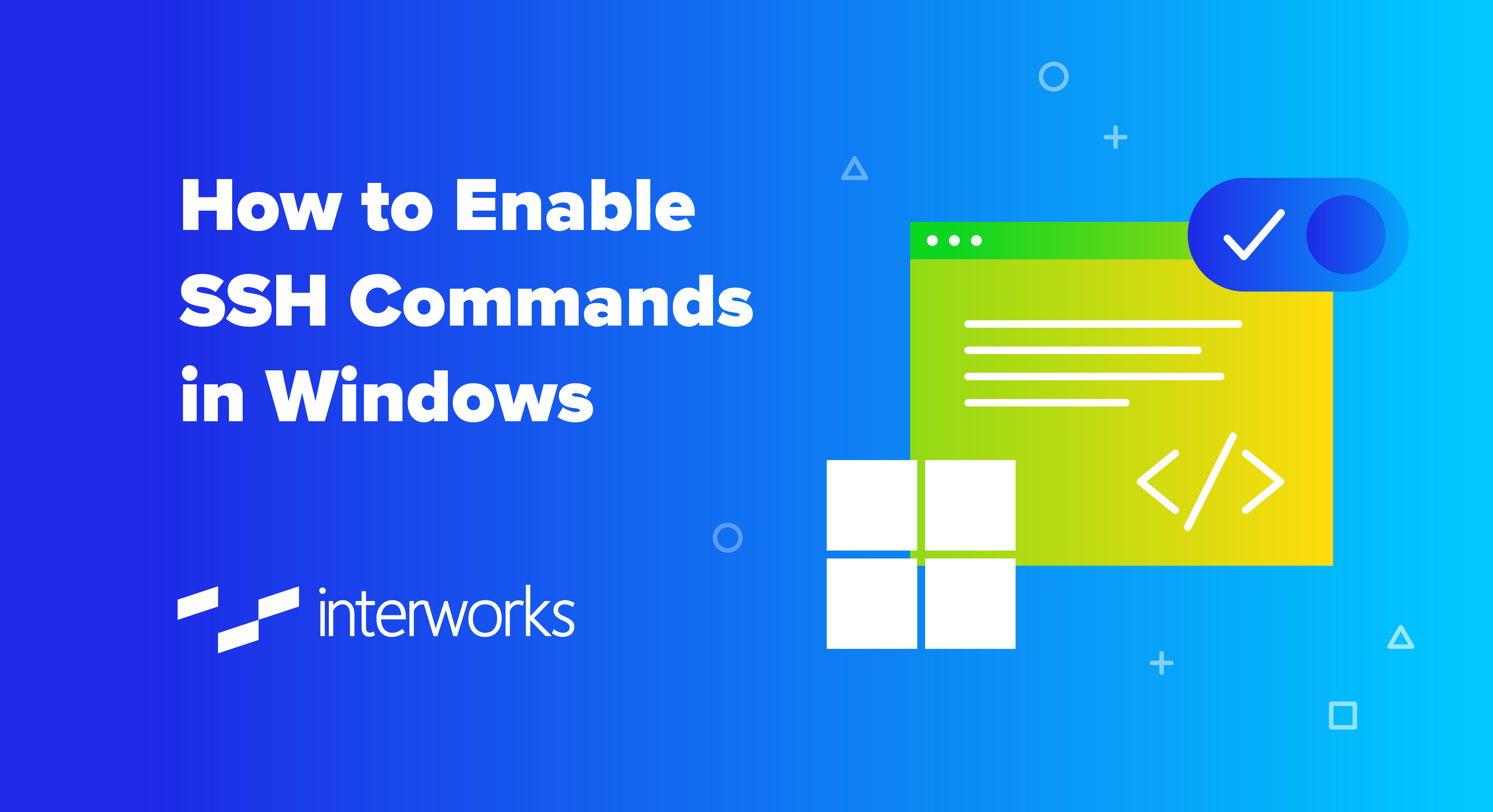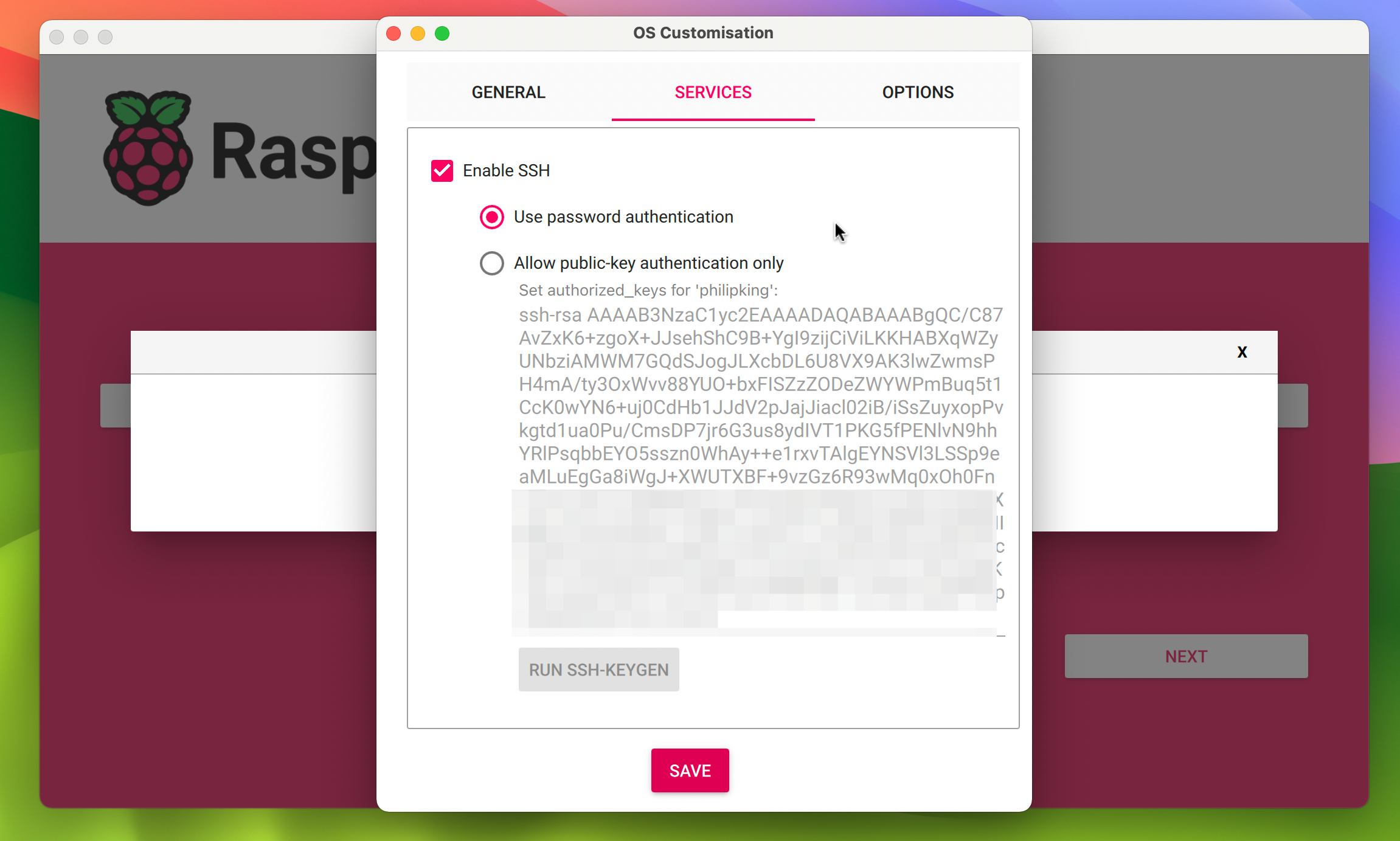Imagine this: You're working remotely, and you need to access your company's private cloud network securely. Sounds complicated? Don’t sweat it! RemoteIoT VPC SSH is here to save the day. Whether you’re a tech enthusiast, a developer, or just someone looking to level up their networking skills, this guide has got you covered. Let’s dive into the world of secure connections and explore how RemoteIoT VPC SSH can revolutionize the way you work.
In today’s digital age, security is more important than ever. With cyber threats lurking around every corner, finding a reliable way to access your Virtual Private Cloud (VPC) from anywhere in the world is crucial. That’s where RemoteIoT VPC SSH comes into play. This powerful tool allows you to establish secure, encrypted connections without compromising on performance or safety.
Now, before we get too deep into the nitty-gritty, let’s break it down for you. RemoteIoT VPC SSH isn’t just another tech buzzword; it’s a game-changer for anyone dealing with remote work, IoT devices, or cloud-based infrastructures. Stick around, and we’ll walk you through everything you need to know about this awesome technology.
Read also:Hot Deep Link Unlocking The Hidden Power Of Seamless Digital Experiences
What is RemoteIoT VPC SSH?
Alright, let’s start with the basics. RemoteIoT VPC SSH is essentially a method of securely connecting to your Virtual Private Cloud (VPC) using Secure Shell (SSH) protocols. Think of it as a digital handshake that ensures no one can eavesdrop on your conversations—or in this case, your data transfers.
Here’s the scoop: When you use RemoteIoT VPC SSH, you’re creating an encrypted tunnel between your device and your VPC. This tunnel protects your data from prying eyes, making it super safe and secure. It’s like having a private road where only you and your data can travel.
Why Choose RemoteIoT VPC SSH?
Now, you might be wondering, “Why should I bother with RemoteIoT VPC SSH when there are so many other options out there?” Great question! Here are a few reasons why this method stands out:
- Security: With encryption protocols that make it nearly impossible for hackers to intercept your data, RemoteIoT VPC SSH is one of the safest options available.
- Flexibility: Whether you’re managing IoT devices or accessing cloud servers, this technology gives you the freedom to work from anywhere.
- Scalability: As your business grows, RemoteIoT VPC SSH can easily scale to meet your increasing demands without missing a beat.
How Does RemoteIoT VPC SSH Work?
Let’s break it down step by step. When you set up RemoteIoT VPC SSH, here’s what happens behind the scenes:
First, your device sends a request to connect to the VPC. Then, the SSH protocol kicks in, establishing an encrypted connection that ensures all your data remains private and secure. Once the connection is established, you can access your VPC as if you were physically present in the same network.
It’s like having a secret passage that only you know about. Cool, right?
Read also:Is Kristi Mclelland Married Unveiling The Truth Behind The Relationship Status
Step-by-Step Guide to Setting Up RemoteIoT VPC SSH
Ready to set it up? Here’s a quick guide to help you get started:
- Install an SSH client on your device. There are plenty of options out there, so choose one that suits your needs.
- Generate an SSH key pair. This will act as your digital ID card, ensuring only authorized devices can access your VPC.
- Configure your VPC to accept SSH connections. This usually involves setting up security groups and firewall rules.
- Connect to your VPC using the SSH client and your newly generated key pair.
And just like that, you’re good to go!
Benefits of Using RemoteIoT VPC SSH
Now that you know how it works, let’s talk about the benefits. Here are a few reasons why RemoteIoT VPC SSH is worth considering:
First off, it’s incredibly secure. With encryption protocols that make it nearly impossible for hackers to intercept your data, you can rest easy knowing your information is safe. Plus, it’s super flexible, allowing you to access your VPC from anywhere in the world. And let’s not forget about scalability. As your business grows, RemoteIoT VPC SSH can easily adapt to meet your increasing demands.
Security Features of RemoteIoT VPC SSH
When it comes to security, RemoteIoT VPC SSH has got you covered. Here are some of its top-notch features:
- Encryption: All data transfers are encrypted, ensuring no one can intercept your information.
- Authentication: Only authorized devices with the correct SSH key pair can access your VPC.
- Firewall Protection: Configure security groups and firewall rules to further enhance your protection.
Common Challenges and Solutions
Of course, like any technology, RemoteIoT VPC SSH isn’t without its challenges. Here are a few common issues and how to solve them:
One of the biggest challenges is configuration. Setting up security groups and firewall rules can be tricky, especially if you’re new to networking. But don’t worry! There are plenty of tutorials and guides available to help you get started. Another issue is performance. If you’re dealing with large amounts of data, you might notice a slight slowdown. To combat this, consider upgrading your bandwidth or optimizing your network settings.
Troubleshooting Tips
Need a little help troubleshooting? Here are a few tips to keep in mind:
- Check your SSH key pair to ensure it’s correctly configured.
- Verify your security groups and firewall rules to make sure they’re set up properly.
- Test your connection from different devices to rule out any device-specific issues.
Best Practices for RemoteIoT VPC SSH
Want to get the most out of RemoteIoT VPC SSH? Here are a few best practices to keep in mind:
First, always use strong, unique SSH key pairs. This will help prevent unauthorized access to your VPC. Next, regularly update your software and firmware to ensure you have the latest security patches. And finally, monitor your network activity to detect any suspicious behavior early on.
Security Best Practices
When it comes to security, there’s no such thing as being too careful. Here are a few additional tips to keep your data safe:
- Limit access to only those who need it.
- Use multi-factor authentication for an extra layer of protection.
- Regularly audit your security settings to ensure everything is up to date.
Real-World Applications of RemoteIoT VPC SSH
Now that you know the ins and outs of RemoteIoT VPC SSH, let’s talk about how it’s being used in the real world. From managing IoT devices to accessing cloud servers, the possibilities are endless.
For example, many businesses use RemoteIoT VPC SSH to securely connect to their cloud-based infrastructures. This allows employees to work from anywhere while maintaining the highest level of security. Additionally, IoT device manufacturers use this technology to remotely monitor and manage their devices, ensuring they’re always up and running.
Case Studies
Let’s take a look at a few real-world examples:
- Company A: A tech startup uses RemoteIoT VPC SSH to securely connect its remote workforce to its cloud servers, boosting productivity and efficiency.
- Company B: An IoT device manufacturer relies on RemoteIoT VPC SSH to monitor and manage its devices in real-time, ensuring they’re always performing at their best.
Future Trends in RemoteIoT VPC SSH
So, what does the future hold for RemoteIoT VPC SSH? As technology continues to evolve, we can expect even more advancements in this space. From improved encryption protocols to enhanced performance, the possibilities are endless.
Additionally, as more businesses embrace remote work and cloud-based solutions, the demand for secure, reliable connection methods like RemoteIoT VPC SSH will only continue to grow. Stay tuned for exciting developments in the years to come!
Innovations on the Horizon
Here are a few innovations to keep an eye on:
- Quantum Encryption: Imagine encryption that’s virtually unbreakable. That’s the promise of quantum encryption, and it’s already being tested in some applications.
- AI-Driven Security: Artificial intelligence is being used to detect and respond to threats in real-time, making networks even more secure.
Conclusion
And there you have it, folks! RemoteIoT VPC SSH is a powerful tool that can help you establish secure, encrypted connections to your Virtual Private Cloud (VPC). Whether you’re managing IoT devices or accessing cloud servers, this technology has got you covered.
So, what are you waiting for? Dive in and start exploring the world of secure connections today. And don’t forget to leave a comment or share this article with your friends and colleagues. Together, let’s make the internet a safer place for everyone!
Table of Contents
- What is RemoteIoT VPC SSH?
- Why Choose RemoteIoT VPC SSH?
- How Does RemoteIoT VPC SSH Work?
- Step-by-Step Guide to Setting Up RemoteIoT VPC SSH
- Benefits of Using RemoteIoT VPC SSH
- Security Features of RemoteIoT VPC SSH
- Common Challenges and Solutions
- Best Practices for RemoteIoT VPC SSH
- Real-World Applications of RemoteIoT VPC SSH
- Future Trends in RemoteIoT VPC SSH



